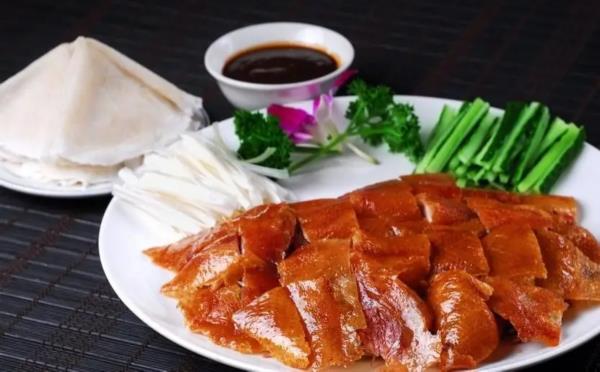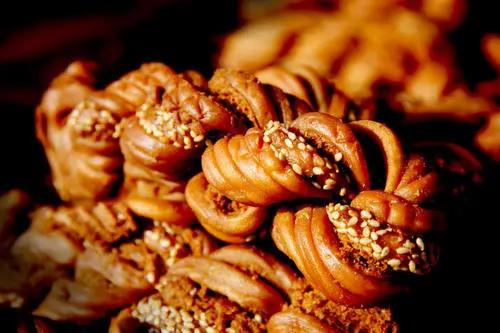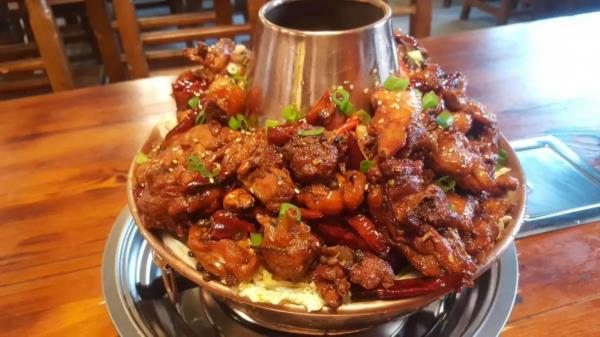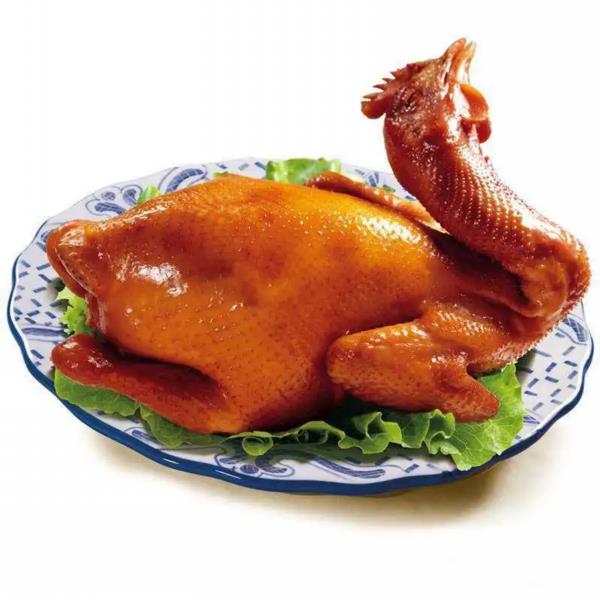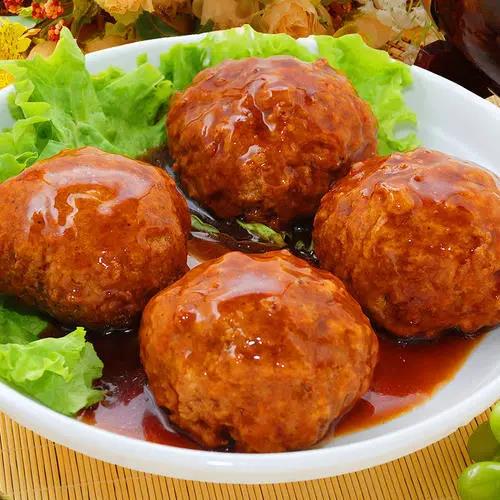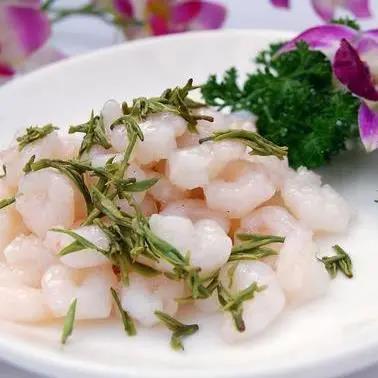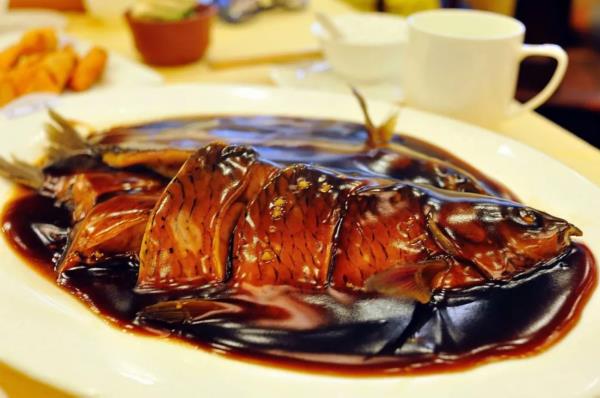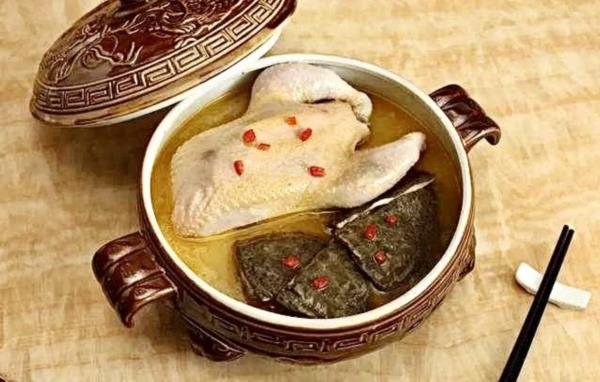It is easy for ordinary patients to go through the discharge formalities on their own, but it took Xu Wei, who was once identified by the judiciary as suffering from schizophrenia, nearly five years for this.
Xu Wei has lived in Shanghai Youth Psychiatric Rehabilitation Hospital for 15 years. Since 2012, Xu Wei, who felt that "his illness has not been repeated", began to try to leave the hospital, but he was repeatedly blocked. On May 6, 2013, Xu Wei sued his guardian and the Youth Rehabilitation Institute in the name of "infringement of personal freedom" and asked to leave the hospital. This is the first case brought to court according to China’s Mental Health Law after it was officially implemented. It was once called "the first case of mental health law" by the media. However, Xu Wei lost the case in the first instance and the second instance, and the retrial application was also rejected.
It was not until July 6 this year that the Judicial Appraisal Center of the Ministry of Justice gave Xu Wei an appraisal opinion of "having full capacity for civil conduct", which made things turn for the better. Recently, China Youth Daily Zhongqing Online reporter learned from Xu Wei’s defense lawyer yangweihua that Xu Wei has been allowed to go through the discharge formalities by himself. On August 3, Xu Wei said in an interview with reporters that he wanted to solve his own life problems first after leaving the hospital.
Refused to leave the hospital on the grounds of "without the consent of the guardian"
Xu Wei filed a lawsuit shortly after the promulgation of the Mental Health Law on May 1, 2013. The law clearly stipulates that people with mental disorders have the right to obtain relief through judicial channels, that is, to sue medical institutions or other individuals.
According to the final judgment of Shanghai No.1 Intermediate People’s Court, in 2000, Xu Wei, who was working in Australia, was sent back to China due to medical problems. Xu Wei was dissatisfied with Australia’s decision and went around defending his rights after returning to China. In 2003, Xu Wei had a dispute with his father because of trivial matters, and his nails scratched his father’s face. He was finally sent to the Youth Rehabilitation Institute and was diagnosed with schizophrenia.
In an interview with the media, Xu Wei said many times that after treatment, his mental condition has stabilized and he can leave the hospital. The Youth Rehabilitation Institute insists that Xu Wei must get the consent of his guardian Xu Xing to leave the hospital — — In 2008, after his father died, his neighborhood Committee appointed Xu Wei’s eldest brother Xu Xing as the guardian.
Xu xing has always disagreed. On May 6, 2013, Xu Wei sued Xu Xinghe Youth Rehabilitation Institute for "infringement of personal freedom".
Xu Wei tried to discharge himself reasonably and legally through judicial channels, but all ended in failure. In fact, according to the Youth Rehabilitation Institute, as long as Xu Xing agrees, the Rehabilitation Institute promises to release people. However, at a coordination meeting organized by the rehabilitation center, Xu Xing said in public: "He’d better not come out."
In 2015, before the final judgment, the court visited Xu Xing, Xu Wei’s biological mother, Xu Wei’s second brother and the cadres of their neighborhood committees. Because the latter three all said that they were unable to "monitor" Xu Wei after he was discharged from the hospital and could not bear the responsibility of the guardian, Xu Wei could only continue to be hospitalized under the "arrangement" of everyone.
"Being a person with limited capacity for civil conduct after judicial appraisal" is the main basis for the court not to support Xu Wei’s appeal. In fact, Article 44 of the Mental Health Law stipulates that patients with mental disorders who are willing to be hospitalized can ask to be discharged at any time, and medical institutions should agree. However, the court of first instance held that Xu Wei was a mentally ill person with limited capacity for civil conduct and was involuntarily hospitalized. If he wanted to leave the hospital, he needed the consent of his guardian.
On April 14, 2015, the Minhang District People’s Court of Shanghai ruled that Xu lost the case, the original judgment was upheld in the second instance, and the retrial application was also rejected.
"You can’t say that a person can’t leave the hospital voluntarily just because he isn’t hospitalized voluntarily, can you?" Yangweihua, Xu Wei’s lawyer, once told the reporter of China Youth Daily and Zhongqing Online that this identification was not appropriate.
The judicial expertise center determined that he had full capacity for civil conduct.
Until July 30th this year, yangweihua, a lawyer, announced in Weibo that the judicial expertise had passed the determination that Xu Wei had full capacity for civil conduct. "After friendly communication, the Youth Rehabilitation Institute agreed that Xu Wei should go through the discharge formalities by himself, but the attorney must be present."
According to the appraisal opinion of the Judicial Appraisal Center of the Institute of Judicial Appraisal Science and Technology provided by lawyers, "Xu Wei, the appraised person, suffers from schizophrenia and is in remission at present, so he should be assessed as having full capacity for civil conduct".
Yangweihua told reporters that the judicial expertise was conducted three months ago. He got the appraisal result in early July and then communicated with the Youth Rehabilitation Institute. "The hospital has fully agreed to discharge him, as long as he applies." Yangweihua said.
On August 3rd, the staff of the Youth Rehabilitation Hospital told the reporter of China Youth Daily and Zhongqing Online that Xu Wei was still in the rehabilitation hospital, but whether he could be discharged by himself, the staff said, "Ask Xu for himself".
Xu Wei replied to the reporter that he had begun to prepare for the discharge procedure. He said that he received the appraisal results two weeks ago, and he was relatively calm at that time. "It’s just a belated justice."
For the future, Xu Wei frankly said that he did not understand the situation outside the hospital and wanted to "solve the life problem first."
Many parties have tried various ways to help him leave the hospital.
Previously, in order to leave the hospital, Xu Wei and yangweihua thought about more than one solution.
After losing the case for the first time, Xu appealed that he had recovered from his mental illness through treatment, and he did not need to continue hospitalization, and he was able to go through the discharge formalities on his own.
After the case was made public, Li Shijie, a volunteer from Guangdong, also gave Xu Wei support. According to media reports, he sent six letters to the Shanghai court, requesting to file a case for Xu Wei to protect the rights of mental patients.
Even so, the "mentally ill" request for discharge failed to get court support. On September 15, 2015, the Shanghai No.1 Intermediate People’s Court held that Xu Wei’s appeal was unfounded and rejected the appeal.
However, this "discharge" action did not stop. In 2016, Xu Wei applied to the People’s Court of Putuo District, Shanghai for revocation of limited capacity for civil conduct and restoration of full capacity for civil conduct. In July of that year, the court refused to file a case on the grounds of "not providing the judgment of our court declaring you incompetent or limited in civil conduct".
At the end of December 2016, Xu Wei filed a new lawsuit and applied to revoke the custody of his eldest brother Xu Xing. Yangweihua’s idea is to let Xu’s mother who agreed to discharge Xu replace Xu Xingcheng as the new guardian, and then let Xu be discharged in the name of Xu’s mother.
According to the requirements of the trial procedure, Xu Wei needs to re-evaluate his civil capacity.
Xu Wei has done two judicial appraisals in 2012 and 2014, and was identified as "limited capacity for civil conduct" and "capacity for litigation" respectively. The appraisal results did not clearly confirm that he had full capacity for civil conduct. Yangweihua, a lawyer, had no hope for this re-appraisal. To yangweihua’s surprise, this time, the judicial expertise found that Xu was "fully capable of civil conduct".
At the end of July, Xu Wei withdrew the original application for revocation of Xu Xing’s custody and re-applied to the court to declare Xu Wei as a person with full capacity for civil conduct. Yangweihua said that the case has been accepted by the Putuo District People’s Court.
"Actually, this is the best result for Xu Wei." Huang Xuetao, another defense lawyer in this case, believes that the judicial expertise opinion overthrew the previous determination that Xu Wei belongs to "limited capacity for civil conduct" and made him qualified as "free".
Xu Wei said that he would leave the Youth Rehabilitation Institute after the things at hand were handled, "about a week or two later".
(Xu Wei and Xu Xing are pseudonyms in the text)

